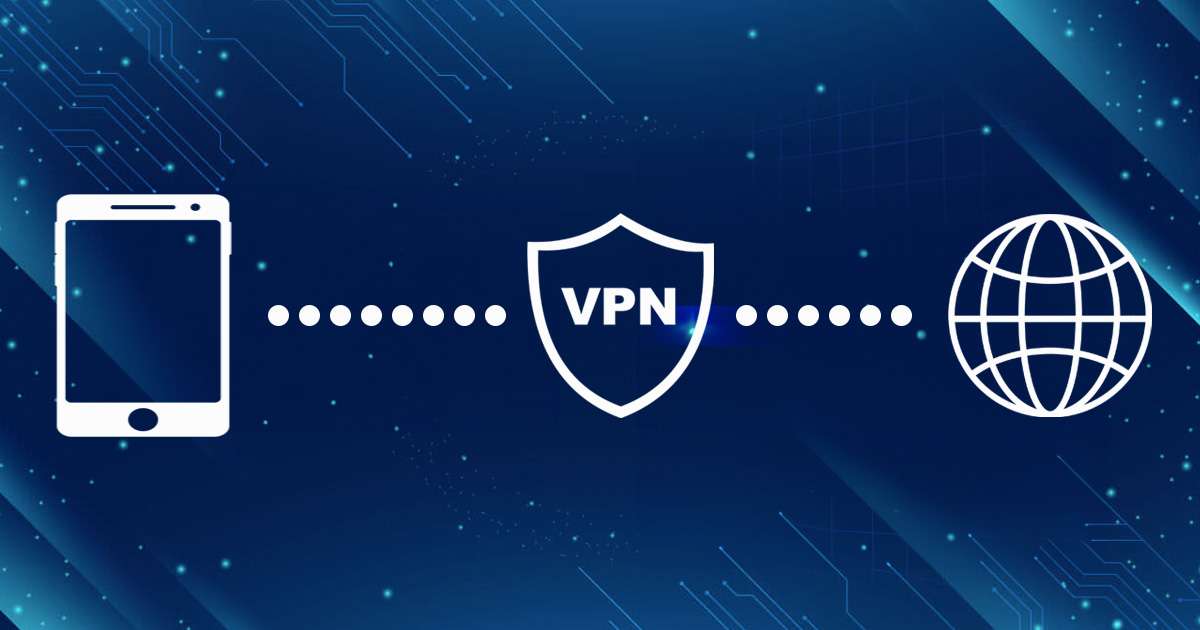When and How to Use a VPN for Online Banking

Online banking is very convenient, but it requires strong security measures to keep your financial information safe. Using a VPN for banking can significantly enhance the safety of your transactions, ensuring your sensitive data remains secure from cyber threats.
Is Online Banking Safe?
Online banking is usually safe, but it has its own risks. Banks use advanced security to protect user data, but hackers are always finding new ways to get around these defenses.
Here are some benefits of online banking security:
- Encryption: Banks use encryption to protect data while it’s being sent, so even if someone intercepts it, they can’t read it.
- Two-Factor Authentication (2FA): This adds extra security by requiring a password, username, and something only the user has, like a smartphone.
- Regular Monitoring: Banks monitor transactions for suspicious activity and can quickly freeze accounts if fraudulent activity is detected.
- Fraud Detection Systems: Fraud detection systems use advanced software to spot strange activity in accounts and alert for deeper checking.
Despite these measures, the increasing sophistication of cyberattacks makes additional precautions, like using a VPN, necessary.
Can a VPN Protect You? How?
A Virtual Private Network (VPN) makes a safe link between your device and the internet. This safe link scrambles your data, so hackers find it hard to read or grab it. This secure connection encrypts your data, making it difficult for hackers to intercept or decipher it. Here’s how a VPN can protect you during online banking:
- Data Encryption: VPNs use powerful encryption methods like AES-256, similar to banks, to scramble your data. This keeps your information unreadable to anyone trying to intercept it.
- IP Address Masking: A VPN hides your actual IP address, making it hard for hackers to track your online actions back to you. This is particularly useful when accessing your bank account from different locations.
- Secure Public Wi-Fi Usage: Using a VPN on public Wi-Fi keeps your data safe because public networks are known to be insecure.
- Bypass Geo-restrictions: Some banks restrict access from certain geographic locations. A VPN can make it look like you’re logging into your account from somewhere else, which can help you get around these restrictions.
The Right Time to Use a VPN for Online Banking
There are specific situations where using a VPN for online banking is particularly important. Let’s explore these scenarios:
When Using Public Wi-Fi
Public Wi-Fi networks in places like cafes, airports, and hotels are usually not secure and are attractive to cybercriminals. These networks don’t have strong security, making it simple for hackers to grab your data. When you use public Wi-Fi, a VPN encrypts your internet connection, keeping your banking details safe.
Using Mobile Apps to Access Your Online Bank
Many people use mobile apps to access their bank accounts. While these apps are generally secure, they can still be vulnerable to attacks, especially when used on unsecured networks. A VPN makes your connection more secure by encoding the data sent between your device and the bank’s servers, safeguarding your information from potential dangers.
When a VPN Becomes Useless for Online Banking
While a VPN offers many benefits, there are situations where it might not be effective for online banking. It’s important to be aware of these scenarios to maintain your online security.
When Using a Free VPN
Free VPNs often lack the robust security features of paid services. They may use weaker encryption protocols, have fewer servers, and may even sell your data to third parties. Using a free VPN can leave your banking information vulnerable to cyber threats.
When You Keep Changing Locations While Using a VPN
Constantly changing your VPN server location can raise red flags with your bank. Banks monitor login locations to detect suspicious activity, and multiple logins from different locations in a short time can trigger security measures, potentially locking you out of your account.
Visiting Untrusted Websites
A VPN encrypts your connection, but it doesn’t protect you from phishing or malicious websites. Visiting untrusted websites can still expose you to malware and phishing attacks, putting your banking information at risk.
Failure to Practice Safe Internet Behavior
Even with a VPN, practicing safe internet behavior is crucial. Avoid clicking on suspicious links, sharing personal information online, and always log out of your online banking session when done.
Using Weak Passwords
A VPN can protect your connection, but it can’t secure a weak password. It’s important to use strong, unique passwords for your online banking accounts to keep them secure. You might want to use a password manager to create and store strong passwords.
Will Banks Know if You’re Using a VPN?
Banks might notice if you’re using a VPN by recognizing the IP addresses of VPN servers. Although this isn’t usually a problem, some banks might block access from VPN IP addresses for security reasons. Make sure to pick a trustworthy VPN provider that regularly updates its servers to prevent detection.
Is Online Banking Still Safe Even Without a VPN?
Online banking is generally safe without a VPN, thanks to the security measures implemented by financial institutions. However, using a VPN adds an extra layer of protection, especially when accessing your accounts on unsecured networks. The decision to use a VPN should be based on your personal security needs and habits.
Enhance Your Online Banking Security with a VPN
Using a VPN for banking is a smart way to keep your sensitive information safe from online dangers. It encrypts your data and hides your IP address, adding extra security to what banks already do. Whether you’re on public Wi-Fi or using a banking app, a VPN helps ensure your transactions stay protected. Always choose a reputable VPN provider to maximize your online banking security.

